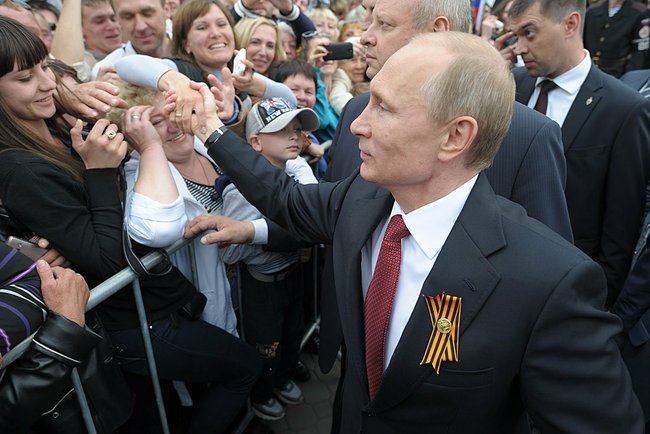
Is Putin’s power a mirage in the Syrian desert?
What might the consequences be for Putin if the Sinai flight disaster proves to have been the work of terrorists?

What might the consequences be for Putin if the Sinai flight disaster proves to have been the work of terrorists?
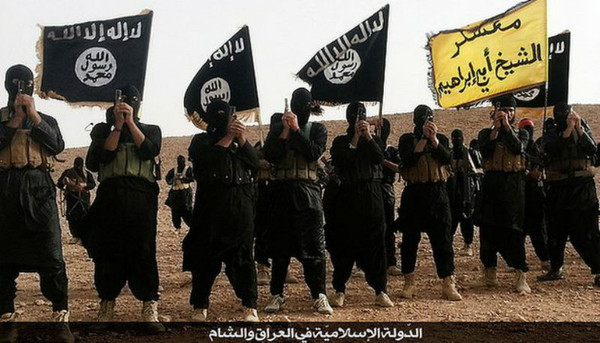
Faisal Devji argues that ISIS is best understood through an account of its superficiality, rather than through searching for any hidden depth.
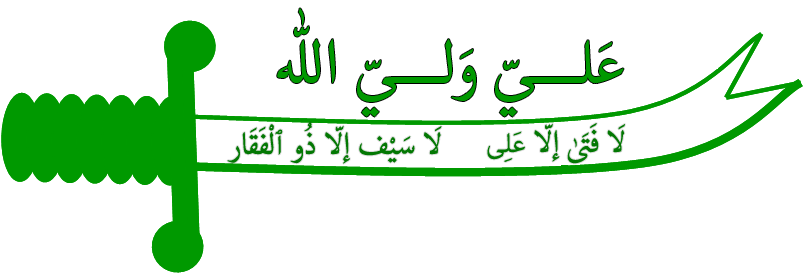
Syria’s Alawites have long used ruthless pragmatism to survive. This same pragmatism, argues Leon Goldsmith, may soon lead them to disown President Assad.
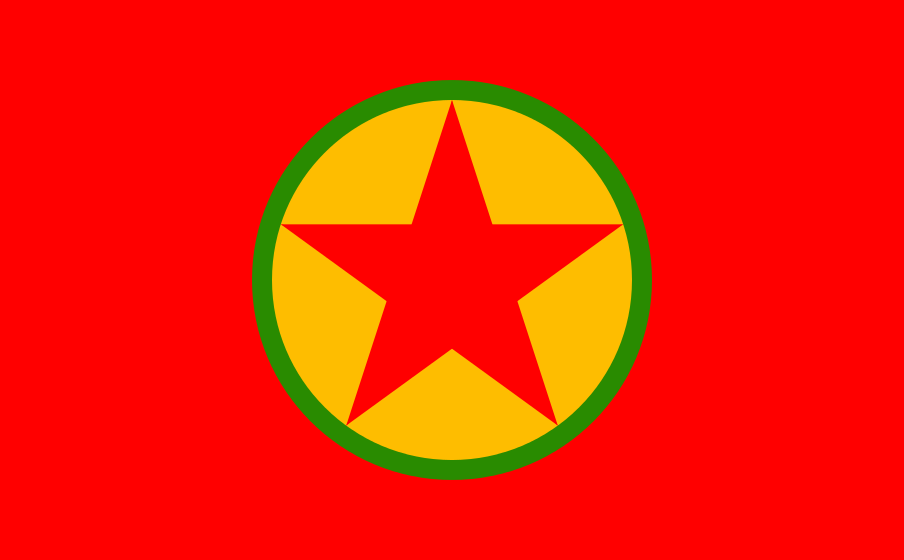
The peace process between the PKK and Turkey was hamstrung from the start by political games and mistrust, making its recent collapse inevitable, argue Simon A. Waldman and Emre Caliskan.
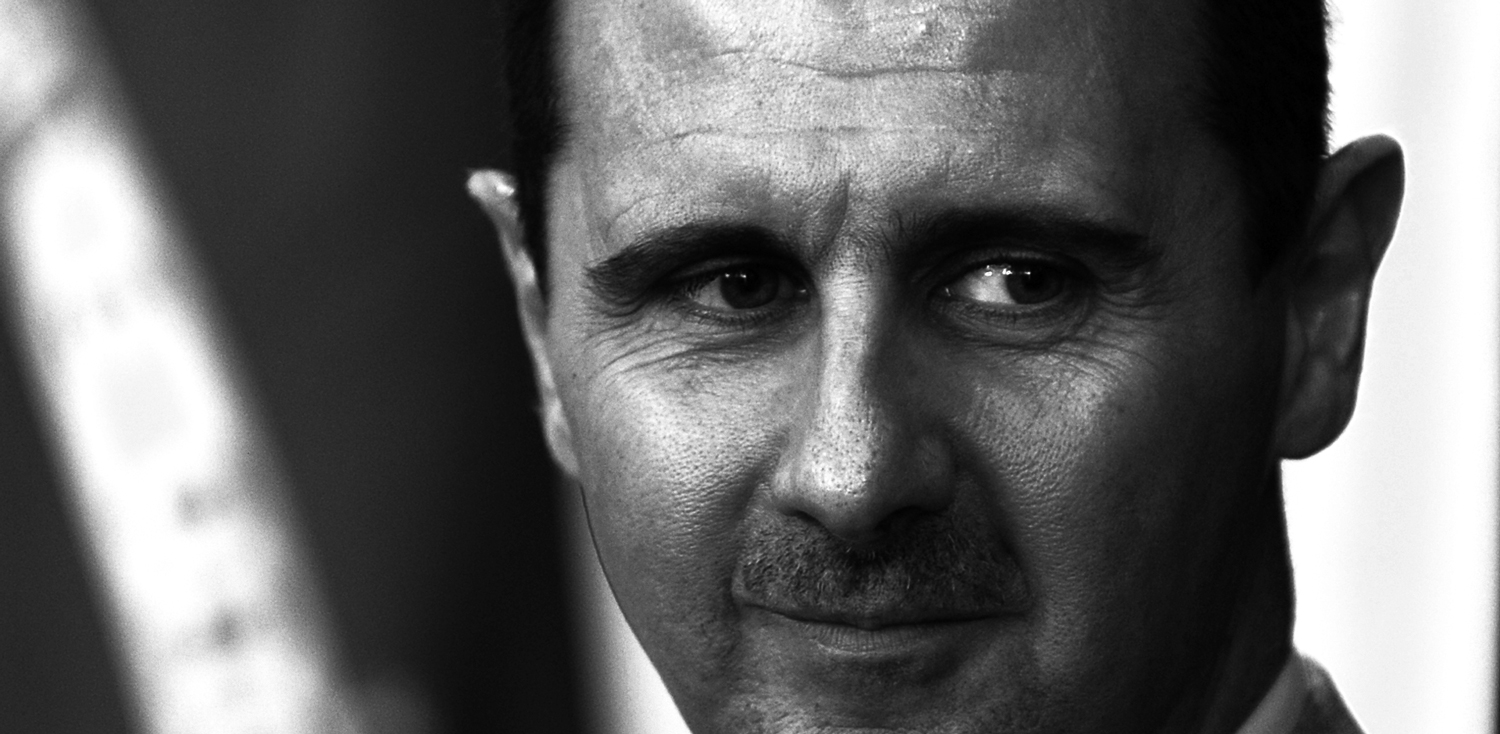
If you cannot overthrow the tyrant, co-operate with him. After four disastrous years in Syria this seems to be the conclusion the international community has arrived at.
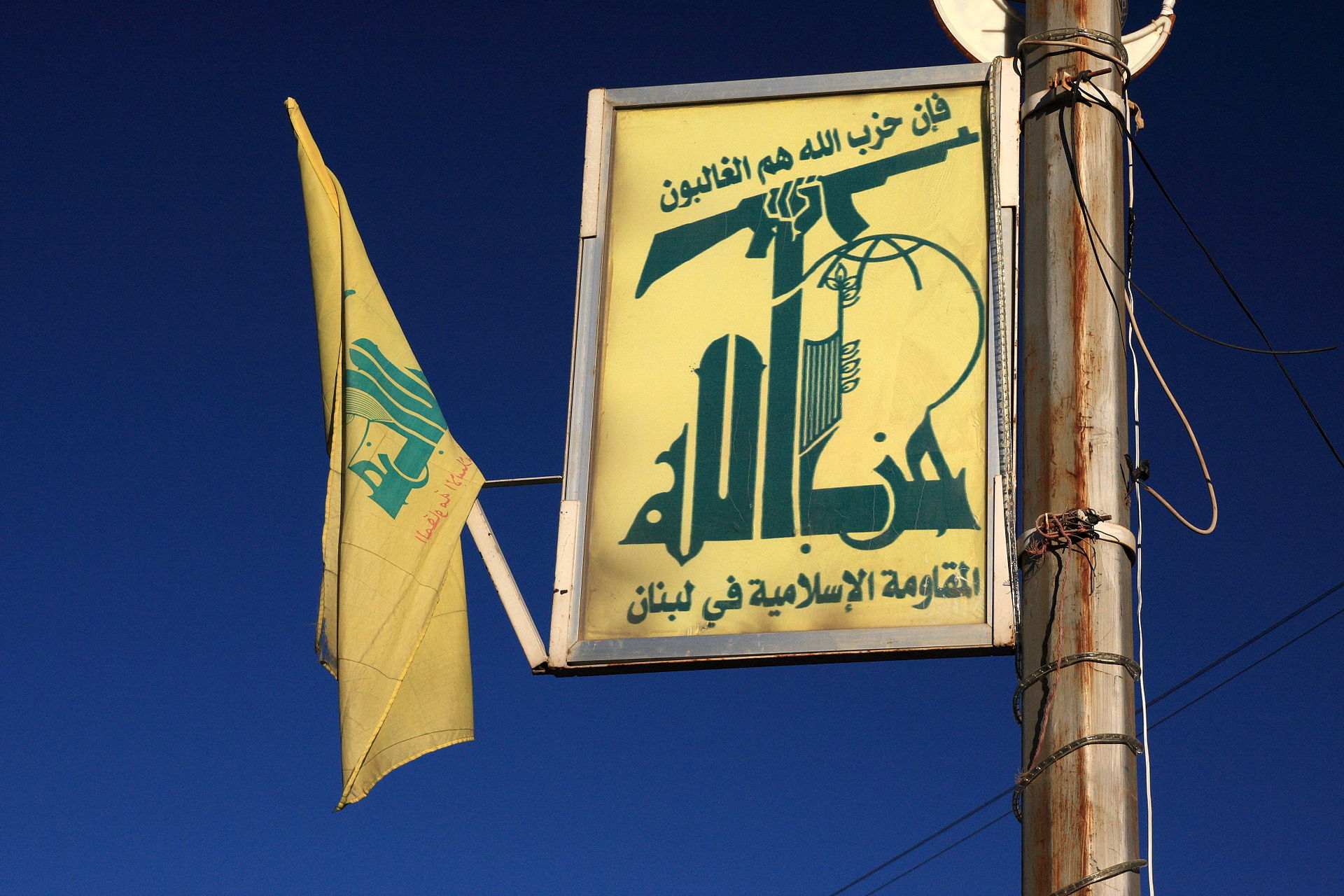
Hizbullah’s armed involvement in the Syrian conflict since mid-2013 took a new twist this week with reports that Israeli warplanes had bombed targets in territory held by the Syrian government near Damascus on 7 December 2014
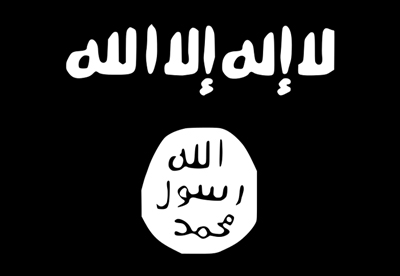
Michael Gunter and Nahro Zagros explain the origins of the Islamic State in Iraq and Syria (ISIS), how they have ruthlessly explored the weaknesses of the Syrian and Iraqi states, and why they are proving so difficult to challenge.
Nothing left to load.